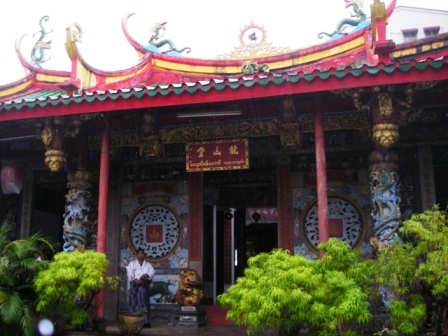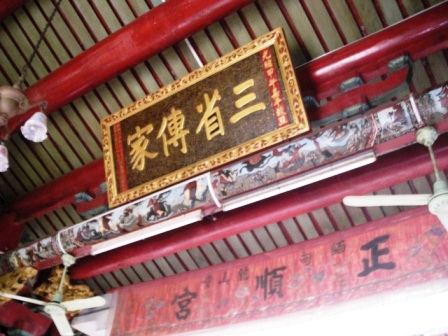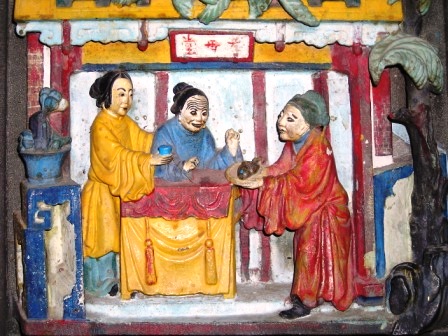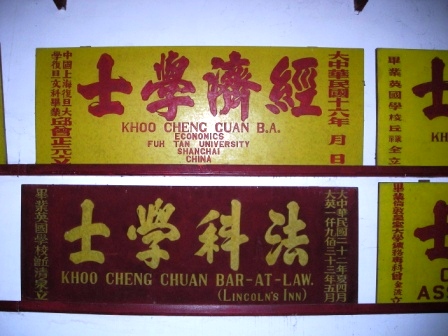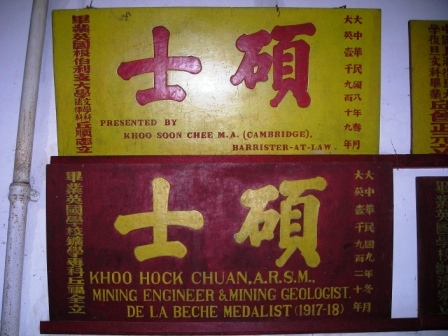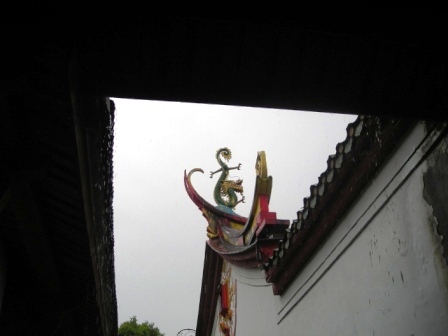 Long Shan Tang 龙山堂 Long Shan Tang 龙山堂
Clan Temple
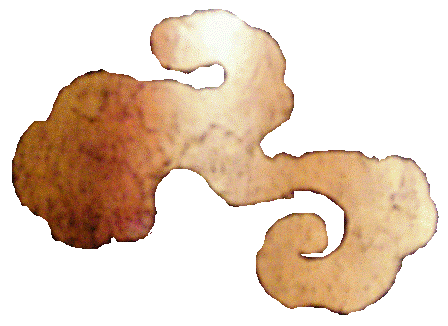 In 1877, the Zeng, 曾, and Qiu, 邱, clans who came from from Fujian province in China founded a clan temple in Yangon called Long Shan Tang, 龙山堂. In 1877, the Zeng, 曾, and Qiu, 邱, clans who came from from Fujian province in China founded a clan temple in Yangon called Long Shan Tang, 龙山堂.
This Hokkien clan temple is located in the Cantonese area of Yangon Chinatown unlike the Kheng Hock Keong, a Hokkien Temple located in the Hokkien section.
The patron deities of the temple are not usually seen in other Chinese temples and are likely to be ancestor deities since the temple was founded so that clan members can pay respects to their ancestors. This objective is clearly reflected in the material culture of the temple. Many of the stone carvings around the temple revolved around the theme of filial piety.
Another very important social value that is prominently manifested in the temple is the traditional Chinese emphasis on education and scholarship. In ancient china, all parents hope their children could emerged as a top scholar in the Chinese Imperial Examinations. Although the Imperial examination was abolished in 1905, the emphasis on education remained and is reflected in the various scroll boards displayed all over the temple.
These boards are dedicated to the temple whenever one of their member’s children graduated from the university and provide important information about the community.
The boards are dated from 1910 to 1960 although there might have been earlier ones that were not on display. The graduates studied in China, USA and UK obtaining degrees, master’s degrees and even PhD in business, engineering, dentistry, law, psychology, marine engineering, and economics.
The universities mentioned included Fu Tan University in Shanghai, Cambridge in UK, Lincoln’s Inn in UK and Greater China University in Shanghai.
Although the community of overseas Chinese in Burma has reduced over the years, the temple continues to function and to serve its members. It also contributes to the tourism economy attracting tourist visiting the Yangon Chinatown. Many of the visitors must be surprised to see the mention of so many world class universities engraved on the boards.
The traditional stone carvings depicting filial piety and the boards presented by graduates reflect the cultural values that are important to the Chinese community. They also show how these cultural values navigate the complex social and political changes in both China and Burma that engulfed the community and shaped their future.
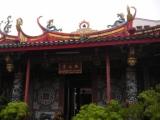 Long Shan Tang 龙山堂 Long Shan Tang 龙山堂
Clan Temple
Address
Anawratha Road
Yangon, Myanmar |
Related articles:

|


 Long Shan Tang 龙山堂
Long Shan Tang 龙山堂 